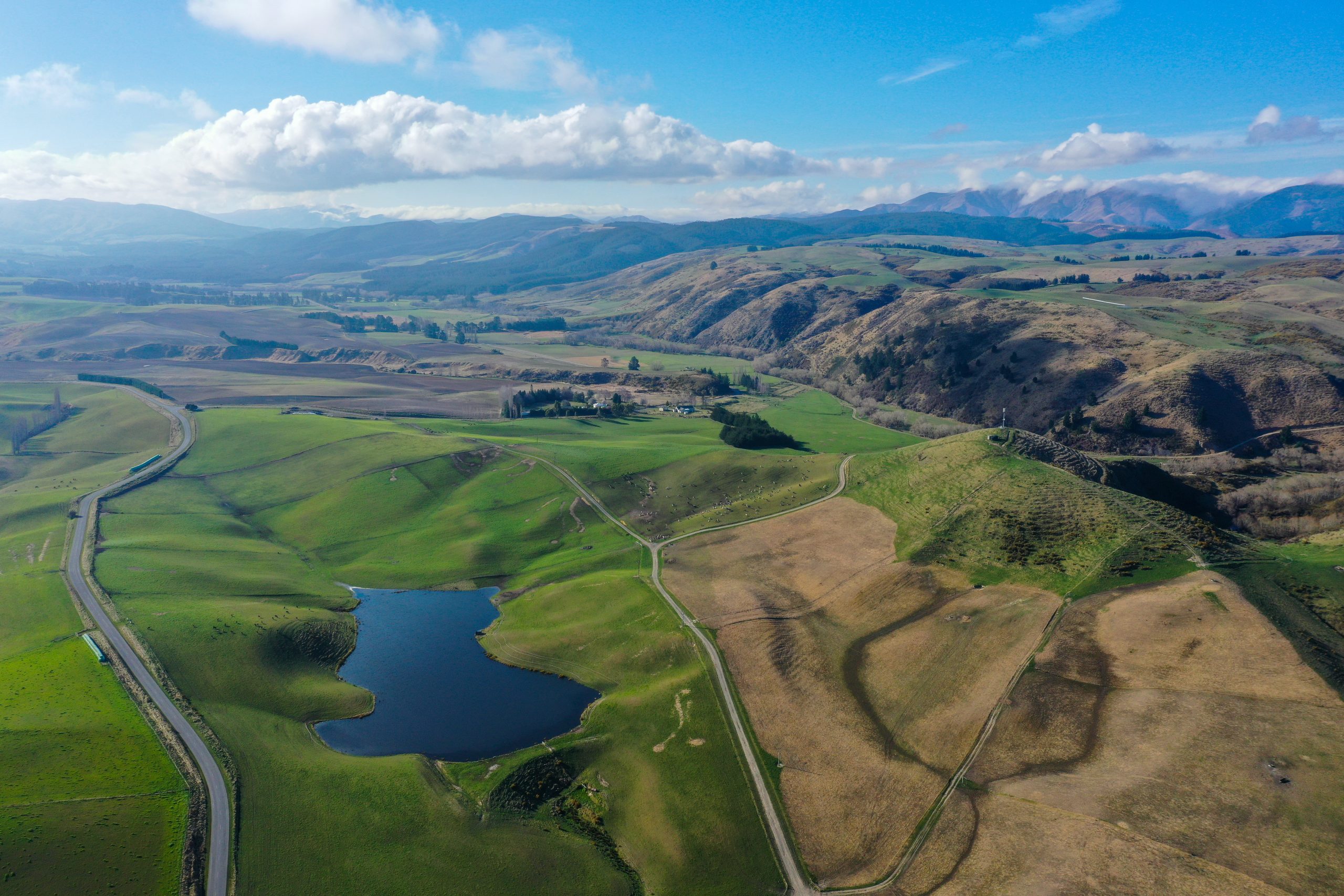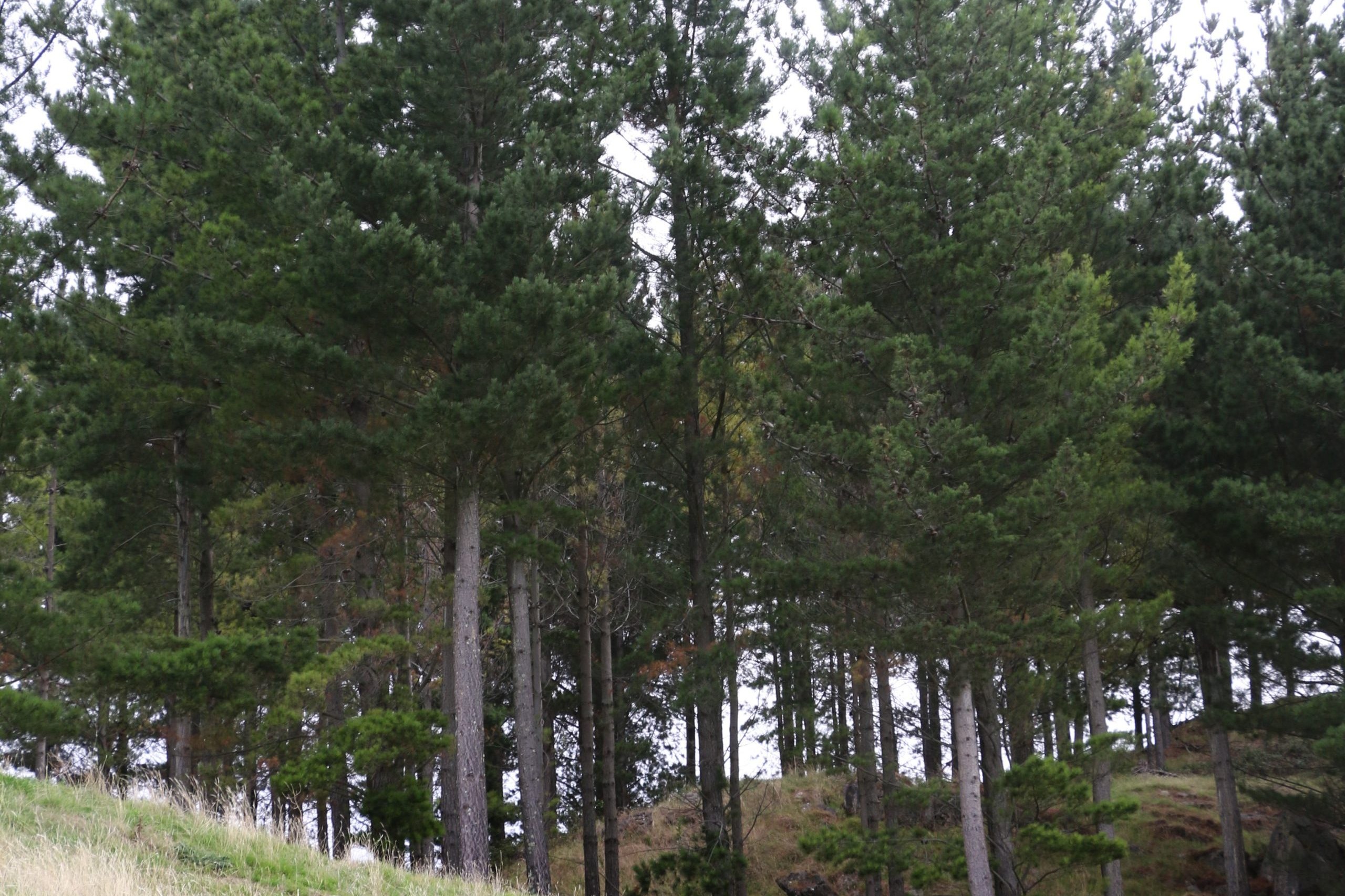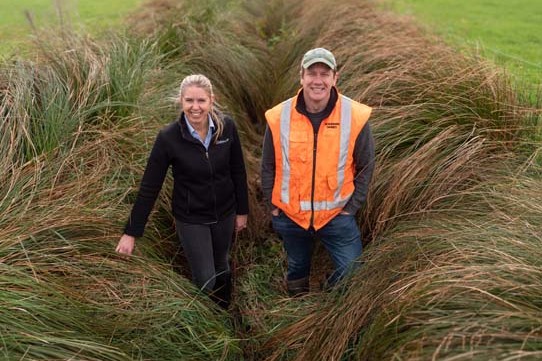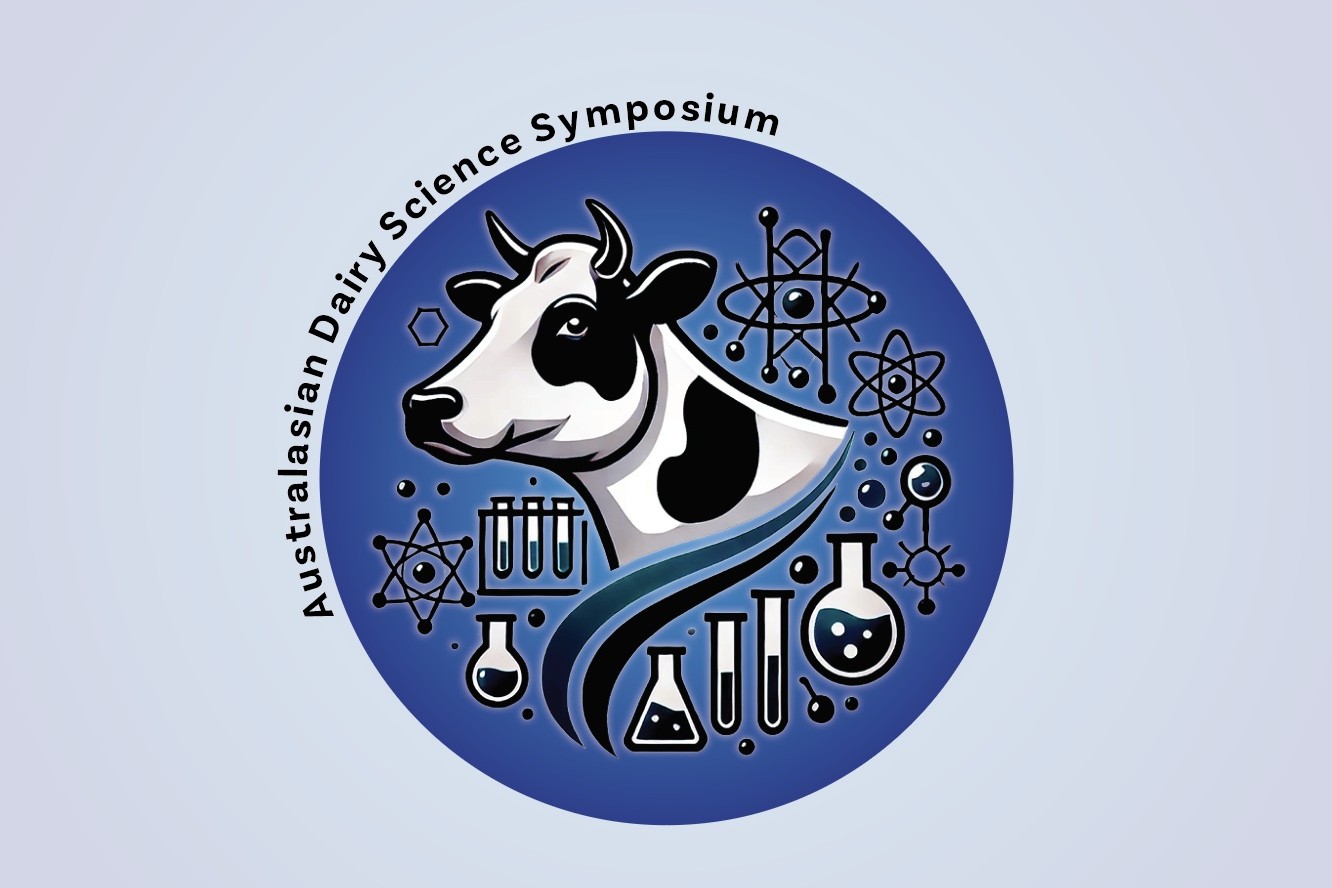Ready, steady, go organic
Transitioning to organics has been a learning experience for the team at Pamu’s Tongariro Farm. By Jackie Harrigan.
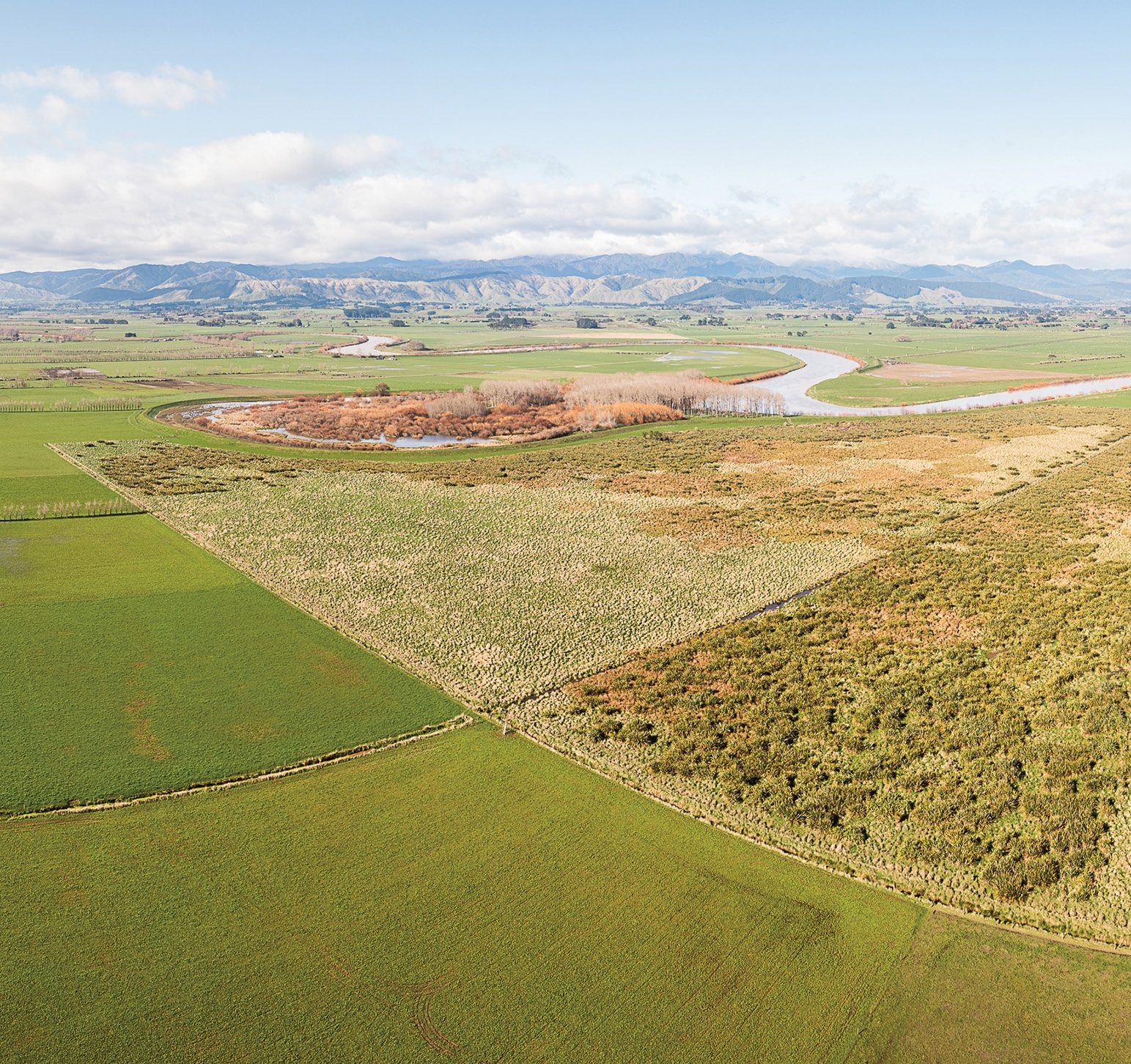
Being in a hub of farms converting to organics and being able to share resources and know-how is a good feeling for Tongariro farm manager Josh Millard.
The Foxton Pamu dairy manager has been on the 207-hectare Tongariro farm for the past five years and loves the location, and the close team that he has built. And while the transition to organic supply is not a decision he made, as part of the wider Pamu Moutoa dairy cluster, he can see the opportunities it will bring to his career development and the advantages to the farm.
“It’s a three year process and we start on October 10, but three of the farms in the cluster are already transitioning so we can learn a lot from them.”
His team are onboard with the journey and have been active in discussing the ins and outs of the process, and enjoy debating the strategies to manage cow health, cow nutrition and production without the ability to import supplementary feed, antibiotics and other conventional animal health rememdies. Dropping the stock rate from 3.1 cows/ha to 2.1 cows/ha (reducing from 650 to 450 cows) has allowed the team to relax a bit through the calving period and the season has started off well compared to last season, which Josh says was a difficult one.
“Now with lower cow numbers we are targeting 400kg MS/cow, with a stretch target of 450kg MS/cow, and we will be dropping the system from 3-4 and growing our own maize silage rather than bringing it in. We have been palm kernel-free for the past six years and will be dropping out the 50-100 tonnes of DDG we have used in the past.”
Feed planning
Josh and his team have put a lot of thought into being able to fully feed the cows, within the constraints of an organic system and have come up with plans to overhaul the forage programme. In the past maize silage has been brought in from within the group but Josh wants to move to being self-sufficient in feed. “We used to grow turnips and maize but we have restructured the whole cropping programme and dropped out the turnips to get away from having bare dirt after the crop.
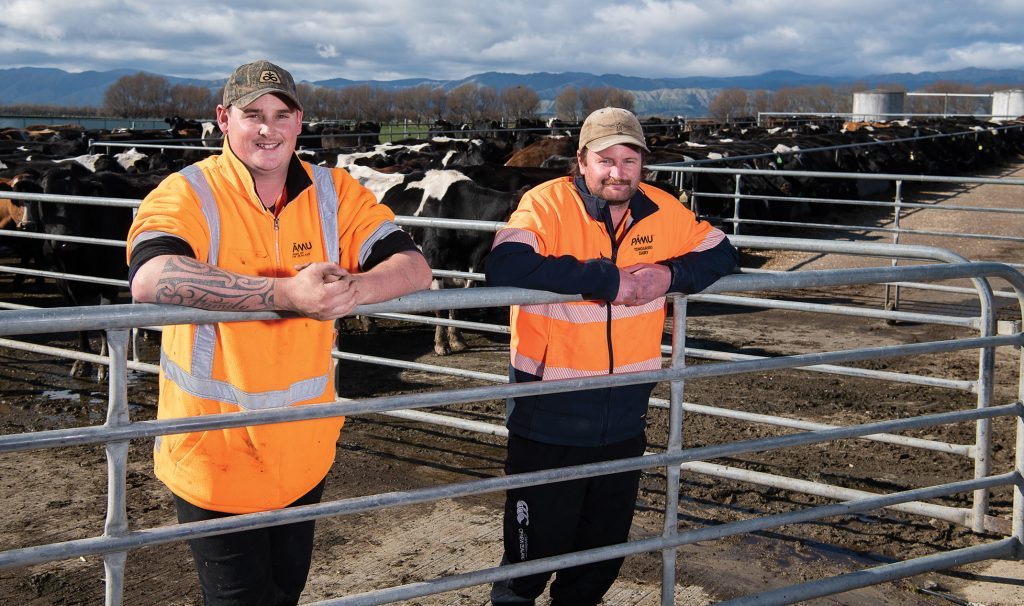
“We also used to have to cultivate into the crop and cultivate out of it, but by incorporating the chicory the team are able to cultivate into the chicory and then direct drill out of the crop by drilling in a pasture mix.”
On the heavy peat country Josh says the property has pivoted from all ryegrass to a fescue, clover, plantain mix, and any new pastures will have the remnants of the chicory crop still in it.
“Ryegrass used to get pulled badly in the summer, because the basin here can get baked hard, but the fescue is much more forgiving – it actually seems to thrive on a thrashing.”
Thirty hectares of chicory sward will be established this season with mixed clovers added to suppress the weeds, as they can’t be sprayed under the organic regime. After a season the chicory gets heavily grazed and pasture direct-drilled into it. And Josh is happy to top the chicory if necessary.
Once the grass is established he gives the cows a wee nip of it.
“We did a trial last season to get ready for the transition and it worked pretty well.”
“I don’t find the fescue hard to manage at all – we run the residuals from 2900kg drymatter (DM)/ha down to 1550 post-graze and try to run a 30-day round – paying close attention to the leaf stage.”
This season 10.5ha of maize will be grown to feed out and Josh is thinking about moving to build up a store of silage supplement and increase the resilience of the property to a dry summer.
“We should grow 180-200t from the maize area but having more in the pit would be like good insurance.”
Because the farm will be unable to use treated maize seed when they go organic Josh plans to plough and fallow for 28 days to starve any insects that would attack the seed.
Chicken manure will be used in place of conventional fertilisers.
The Moutua area is surrounded by the Manawatu River and has floodways but the Tongariro property doesn’t flood as such due to the tile draining which is designed for a rising water table.
However, the tile drains are getting less effective as land moves and the tiles become dislodged or blocked.
“We are putting in open drains as they are more effective in relieving pressure off the existing tile drains.”
Some of the drains are planted with riparian planting strips, including big flax bushes, and Josh leaves a five-metre buffer strip to stop sediment running off when he is cultivating next to open drains.
The whole basin of predominantly peat soils was covered in flax in the early days and harvested by Maori and the first Pakeha settlers and the Tongariro farm has a retired 60ha area of original flax swamp left at the back of the property.
The team’s sustainability measures made them a finalist in the 2022 Horizons Ballance Farm Environment Awards.
Gearing up for conversion
Thinking ahead to the start of their organic conversion, Josh has begun to ready the team and the herd to transition to the changes. Last winter 500 cows were wintered on the farm, with just 100 wintering off, working up from half the herd leaving the farm for the winter period.
“We are dropping the numbers of cows/ha to account for the wintering of the cows, we need to keep them on and still be well fed.”
In order to start the season with a good low SCC the team had the cows walking over the walk-over teat spray station each day through the dry period.
“We just make them walk over the unit on their way to the feed pad through the winter and its paying off so far with the low SCC of 100,000 now that we are half way through calving,” Josh says.
“Last season we struggled with mastitis so I knew we had to get the team on board and be more proactive.
“As well as the teat spraying we have done lots of refresher training – teaching the processes we need to use in the shed – and talking about the ‘why’ of what we do.
“Just basic processes in the shed and being observant and taking extra care – it’s paying off too as we are doing well so far.
“It’s important to minimise and prevent stock health issues, because we won’t be able to use antibiotics and put the cow back into the herd – she will have to be rehomed, so we will want to avoid that.”
Embracing organics
PAMU DAIRY BUSINESS MANAGER Tony Dowman is overseeing the transition of the farms in the Moutoa cluster to organics and outlined the advantages in terms of deintensification and profitability.
Organic farming is a method of farming without inputs conventional farms would typically have available for use (synthetic nitrogen, or acid-treated fertilisers, antibiotics, seed treatments etc), he says. More importantly, the rules are prescribed by the markets for which Fonterra wants to access to sell products (United States, South Korea, Canada, other Asian markets, and the European Union), providing a diversified revenue stream to conventional milk supply.
For the Moutoa farms, conversion to organics has offered a number of benefits although not without challenges, Dowman says.
Conversion has seen a reduction in stocking rate of about 30% from a system 4 to a system 2 with a focus on all feed being grown and harvested onfarm. Unsurprisingly, this offers a direct reduction in GHG emissions by about 30%, without animal production or performance metrics having suffered.
“We have been able to keep milk production levels per cow consistent (and in some cases improving). Through the farm system and grazing management cows can consistently deliver 420-440kg milksolids (MS)/cow over multiple farms. Productivity per hectare drops, however this is offset by the reduction in purchased feed and grazing costs, coupled with organic milk premiums.”
Somatic Cell Counts (SCC) are another key animal metric, Dowman says.
While intermammary options are no longer available, with the use of observation, good in-shed and paddock management and the use of homeopathy, SCC have remained at mid 200s, being five years with no dry cow or teat sealants.


